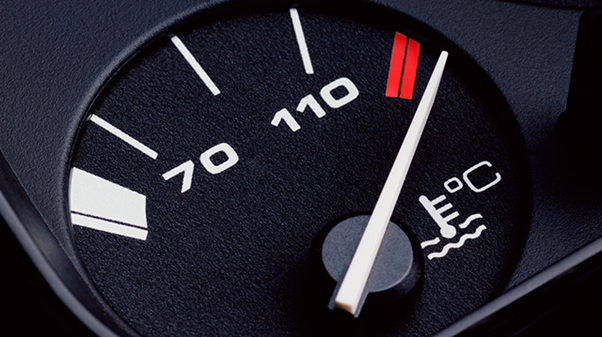Car Overheating When the AC Is On: Troubleshooting Tips

Have you ever encountered the issue of your car overheating when the AC is turned on? It can be a concerning situation, and understanding the possible causes can help you address and prevent this problem. There are 8 common reasons why your car may overheat when the AC is running.
1. AC Compressor Overload
The AC compressor plays a vital role in cooling the air within your car. Over time, it can experience wear and tear or excessive strain, leading to an AC compressor overload. When this happens, the hot AC system places extra stress on the car's engine, resulting in engine overheating.
2. Defective Water Pump
The water pump is responsible for circulating coolant through the engine to regulate its temperature. If the water pump malfunctions, it can lead to increased engine temperature. Turning on the AC adds an additional load to an already overheated engine, making overheating inevitable.
3. Faulty Engine Cooling Fan
The engine cooling fan's primary function is to dissipate heat from the engine by drawing in cool air and expelling hot air. Issues such as a broken fan motor, blown fuse, wiring problems, or a malfunctioning temperature sensor can cause the cooling fan to fail. When combined with the AC system's load on the engine, this can result in higher engine temperatures and overheating.
4. Blocked Water Condenser Fins
Condenser fins aid in cooling the refrigerant by transferring heat to the surrounding air. Over time, these fins can become clogged with debris, reducing airflow created by the engine cooling fan. This restricted airflow hampers the engine's cooling capacity.
5. Radiator Problems
The radiator plays a critical role in cooling the engine by dissipating heat from the coolant as air passes through it. A clogged radiator, often due to debris buildup, obstructs the flow of coolant, inhibiting effective heat transfer. Additionally, issues like a broken radiator fan or a faulty radiator cap can exacerbate cooling problems.
6. Broken Thermostat
The thermostat controls coolant flow within the engine, regulating its temperature. Over time, it can become stuck closed due to aging or corrosion, preventing coolant from reaching the radiator for cooling. If the coolant remains hot, the engine may overheat, especially when the AC is on.
7. Bad Engine Coolant Temperature Sensor
The engine's coolant temperature sensor monitors the engine's operating temperature and relays this information to the ECU (Engine Control Unit). If this sensor malfunctions, the ECU may receive inaccurate temperature data, leading to inadequate cooling system adjustments. With the AC imposing additional stress on the engine, overheating becomes more likely.
8. Faulty AC Components
Malfunctions in AC components like the compressor, condenser, evaporator, or fan motor can place an increased load on the engine. This forces the engine to work harder to support the AC system, resulting in elevated internal temperatures. If the cooling system fails to compensate and adequately cool the engine, overheating can occur.
Understanding these potential causes can help you identify and address the issue of your car overheating when the AC is running. Regular maintenance and prompt attention to any signs of trouble can prevent overheating and ensure a smoother driving experience.